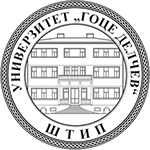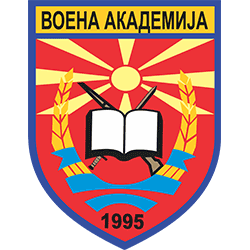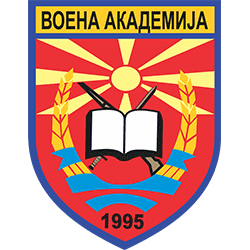

Description
Integrating Digital Learning Competencies into the Education Curriculum project aims to raise digital skills among students, and is based on digital competence, one of the 8 core competencies proposed by the European Parliament and the Council for lifelong learning. Digital competence includes the safe and critical use of Information Society Technology (IST) for business, entertainment and communication. This is supported by basic skills. ICT: The use of computers to receive, evaluate, store, produce, present and exchange information and to communicate and participate in collaboration networks over the Internet.

Methodology
Within the scope of the two-year project activities, 3 international meetings and 6 LTT activities will be held. All partners will send two participants to international project activities. All partners will send 3 participants to the second, third, fourth and sixth project activities. Only schools will participate in the seventh and eighth project activity. Each school will send 2 teachers and 4 students to these activities.
Impact of the Project:
“Since Digital Technology is a fact that determines the flow of human life today, even the awareness and sensitivity of the young generation will play an important role in recognizing the positive, beneficial and good aspects of this technology.” (Maja Abramič, UDS Slovenia)
The monitoring and evaluation of our project will continue throughout the project period, using tools such as SWOT Analysis, Teacher Competency Scale, Face-to-Face Interviews with Students, Workplace Survey, and Digital Applications. The rates of change between the measurable indicators (qualitative and quantitative) of our activities that we planned to achieve the projected goals of our project and the current status and target will be made with the Basic Qualifications Form, Individual Development File, Digital Implementation Tools and Digital Implementation Guide.
In order to have the expected impact of concrete and abstract results / outputs on the end users, dissemination activities will be carried out before the project, during the project, at the final report stage, after the project. These dissemination activities will take place within the scope of the partnership in four stages for the main target group other than the partners, other decision makers and the other target group. Our eTwinning project page will be actively used for the implementation and dissemination stages of LTT activities.
With the Digital Practice Guide, it will enable to analyze problem areas in a timely manner, to determine the strategy to meet the need, to make arrangements in learning environments to achieve the goal and to determine the rate of achievement of the goals. The Digital Application Guide will be constantly updated in every new need and will achieve a long-term, sustainable cycle. Keeping the ownership of the project at a sufficient level, continuing political support, change in the institutional capacity of the partners, social-cultural factors, meeting local expectations, financial sustainability will be provided.
Goals
At the end of the project, our aim is:
1 To raise 21st-century competencies
2 To increase the digital information and data literacy competencies
3 To improve digital communication and collaboration competencies
4 To increase the competencies of digital content production
5 To upgrade digital security competencies
6 To increase digital problem-solving competencies


